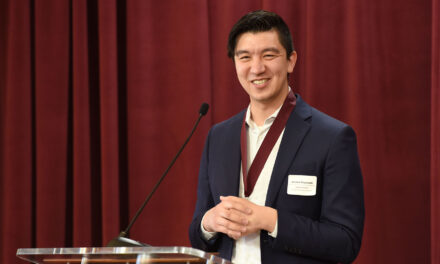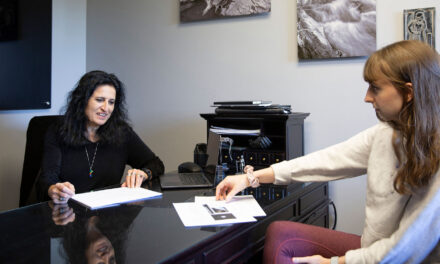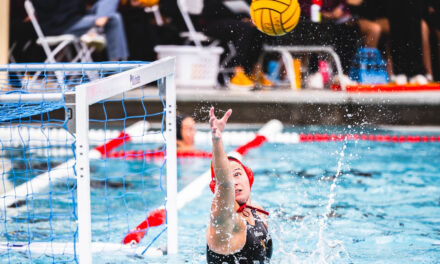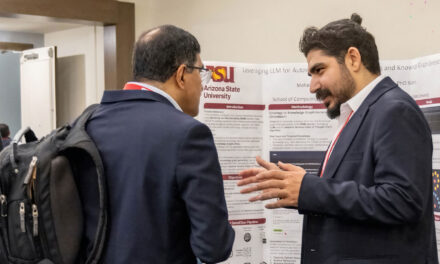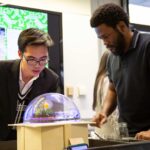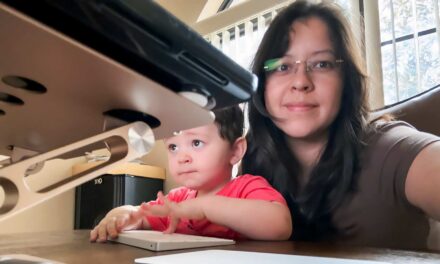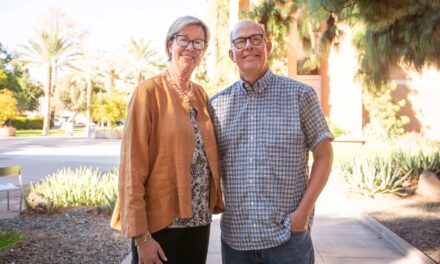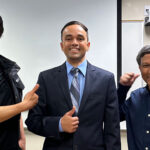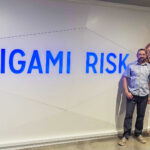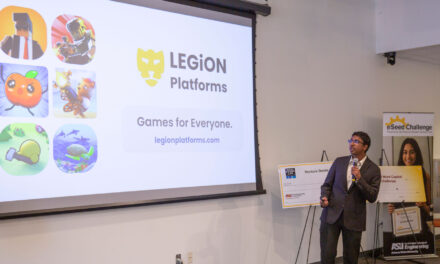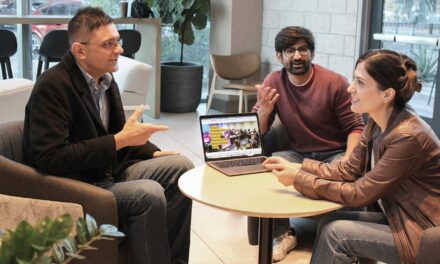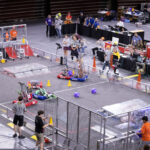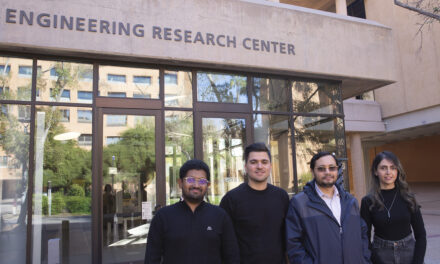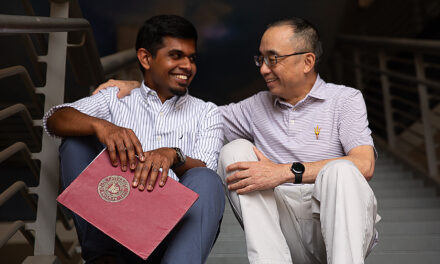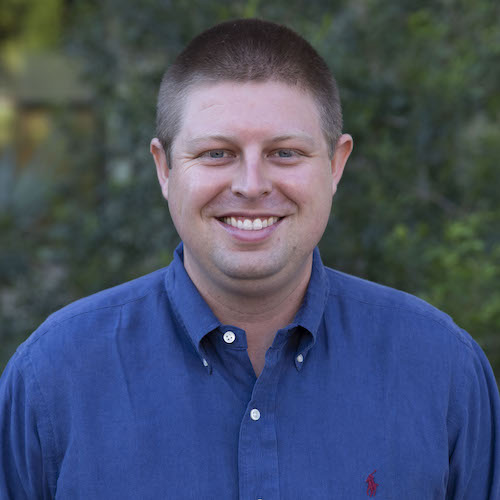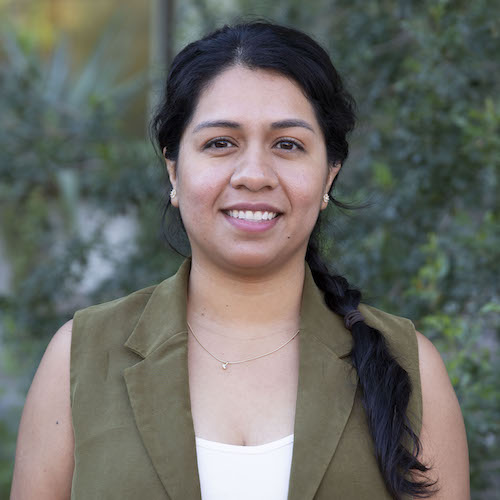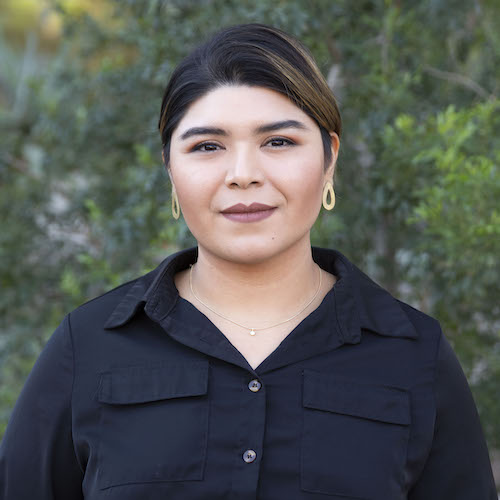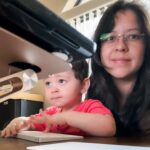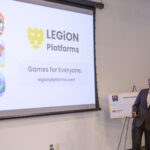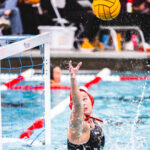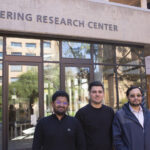
Graduate students connect with industry through use-inspired research
With NSF support, three ASU doctoral students conducted research as interns in private sector laboratories
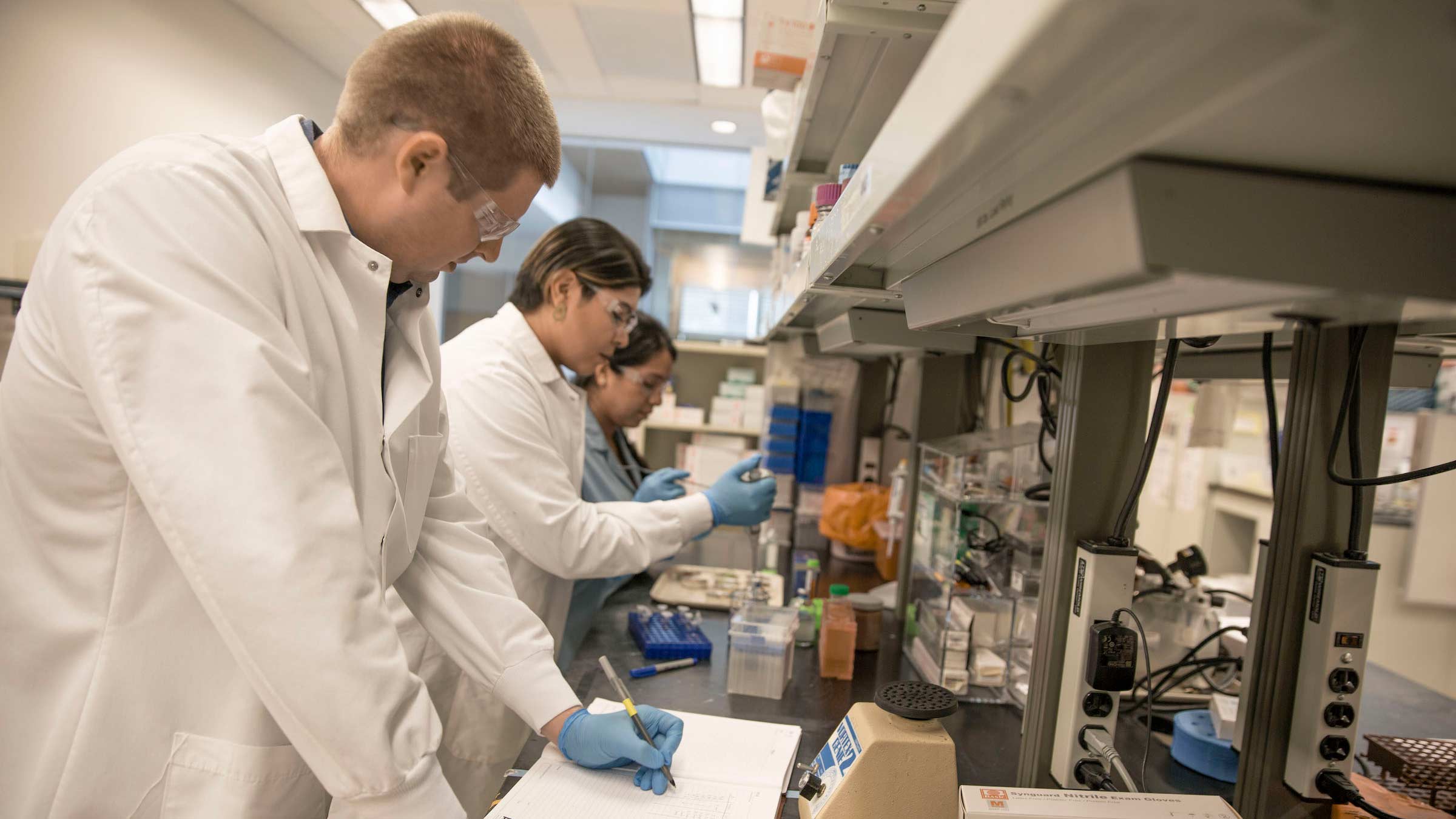
Presented with the opportunity to gain industry experience before graduation, engineering doctoral students Justin Skinner, Evelyn Miranda and Aide Robles jumped at the chance.
These three students — who are pursuing doctoral degrees in the Ira A. Fulton Schools of Engineering at Arizona State University — were selected as participants in the National Science Foundation, or NSF, Non-Academic Research Internships for Graduate Students program. Skinner and Robles are in the School of Sustainable Engineering and the Built Environment, while Miranda is in the School for Engineering Matter, Transport and Energy. These are two of the seven schools in the Fulton Schools.
Under the program, NSF provides financial support of up to $55,000 for each graduate student to work at a sponsoring firm for up to six months to augment their research endeavors with non-academic internships and training opportunities.
“This is a great opportunity for ASU’s partner firms to get six months of engineering support from a highly trained graduate student in an area related to their research interests,” says Anca Delgado, an assistant professor of environmental engineering.
The students work in Delgado’s lab in the ASU Biodesign Institute’s Swette Center for Environmental Biotechnology on research projects that are part of the NSF Engineering Research Center for Bio-mediated & Bio-inspired Geotechnics, or CBBG.
Below, Skinner, Miranda and Robles share how the internship experience helped shape their learning and career goals.
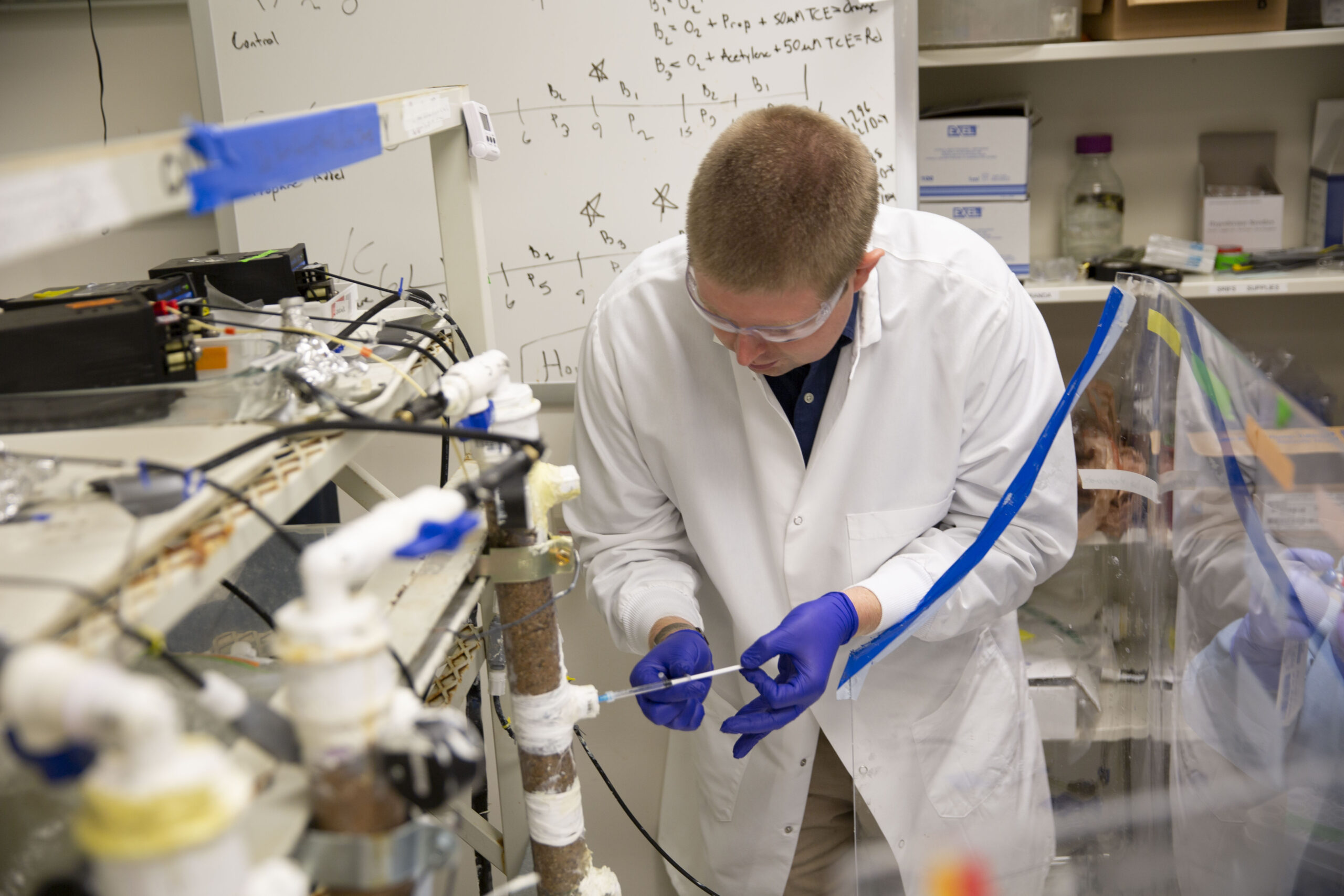
Justin Skinner is pictured working in Assistant Professor Anca Delgado’s lab, taking water samples from an experimental setup. Photographer: Monica Williams/ASU
Justin Skinner
Degree: PhD in civil, environmental and sustainable engineering
Anticipated graduation: December 2023
Internship: Haley & Aldrich
Dissertation focus:
Skinner has two main focuses: the microbial defluorination of PFAS compounds and experiments to enhance control of aerobic cometabolism-based groundwater remediation schemes. First, he aims to identify PFAS effects on microbial communities and enrich a bacterial culture capable of PFAS biodegradation. Second, his research seeks to understand conditions under which aerobic cometabolism-based groundwater treatment regimes function or falter in order to make alterations that enhance treatment outcomes. He performs experiments which aim to enhance growth rate control of trichloroethylene cometabolizing bacterial communities.
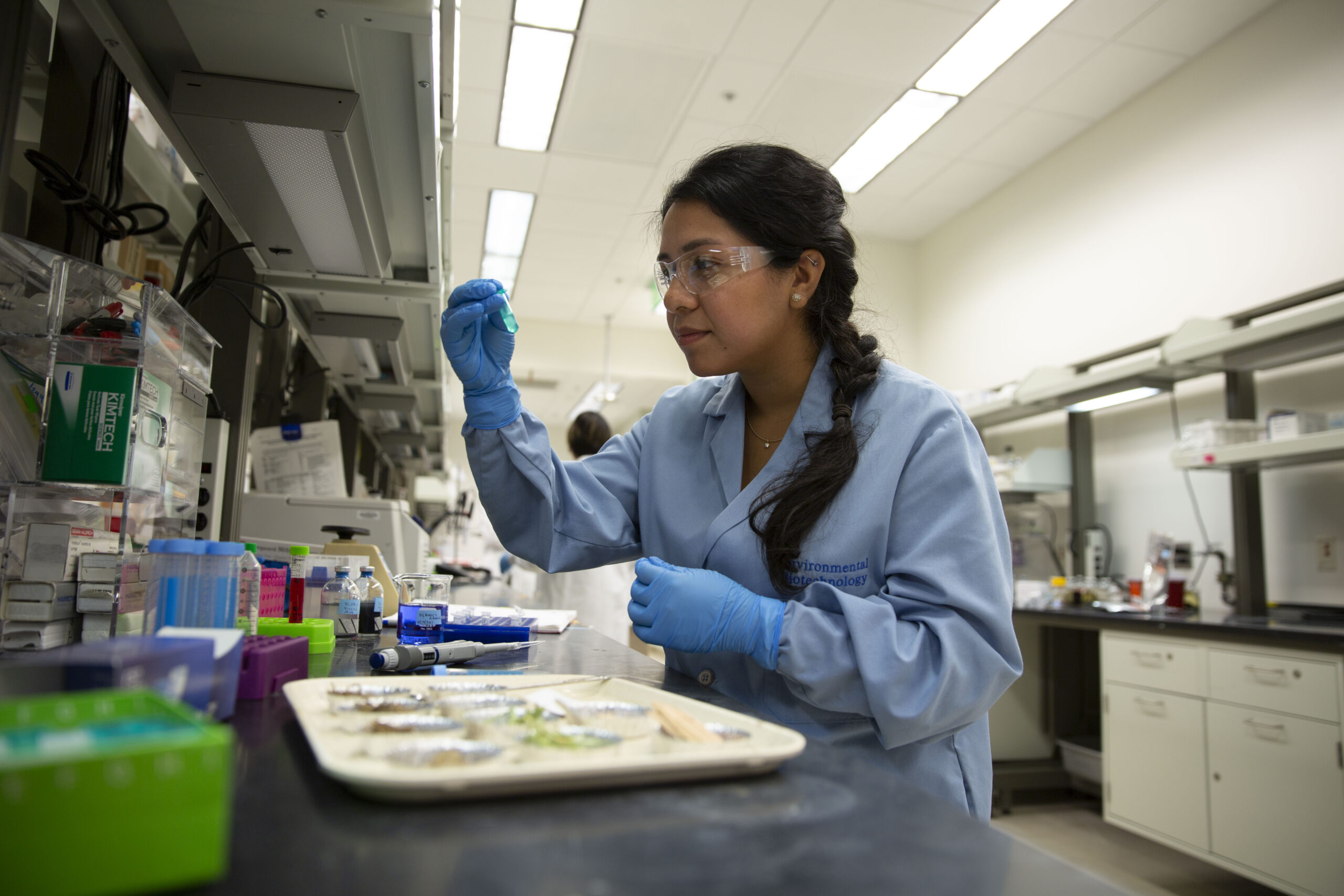
Evelyn Miranda has spent countless hours working in Anca Delgado’s lab alongside the other ASU participants of the NSF internship program. Photographer: Monica Williams/ASU
Evelyn Miranda
Degree: PhD in biological design
Anticipated graduation: May 2023
Internship: Freeport-McMoRan Inc.
Dissertation focus:
Miranda’s dissertation addresses the type of bioreactor operational designs, lignocellulosic materials and microbial communities that can be used for treating mining-influenced water. The goal is to understand the parameters that enable treatment for extended periods of time — an essential factor for abandoned mining sites.
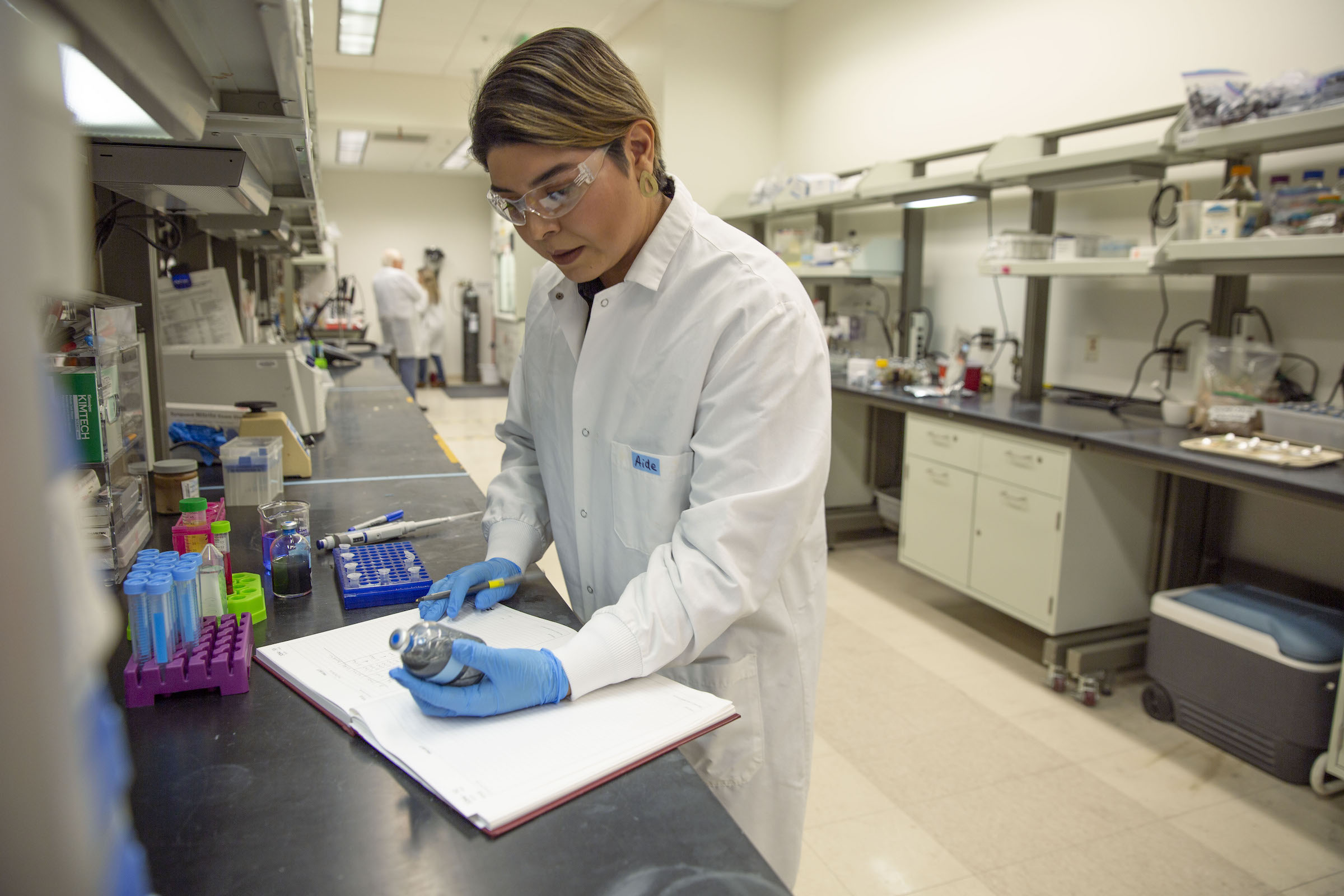
A large part of conducting bioremediation research is compiling reports that can be used to impact industry projects. Aide Robles is pictured collecting data in Assistant Professor Anca Delgado’s lab. Photographer: Monica Williams/ASU
Aide Robles
Degree: PhD in civil, environmental and sustainable engineering
Anticipated graduation: May 2023
Internship: Haley & Aldrich
Dissertation focus:
Robles’ research is focused on use-inspired technology for bioremediation of chlorinated contaminants in the subsurface. Specifically, her work involves promoting anaerobic reductive dechlorination of chlorinated ethenes, the most commonly found legacy contaminants at Superfund sites.


